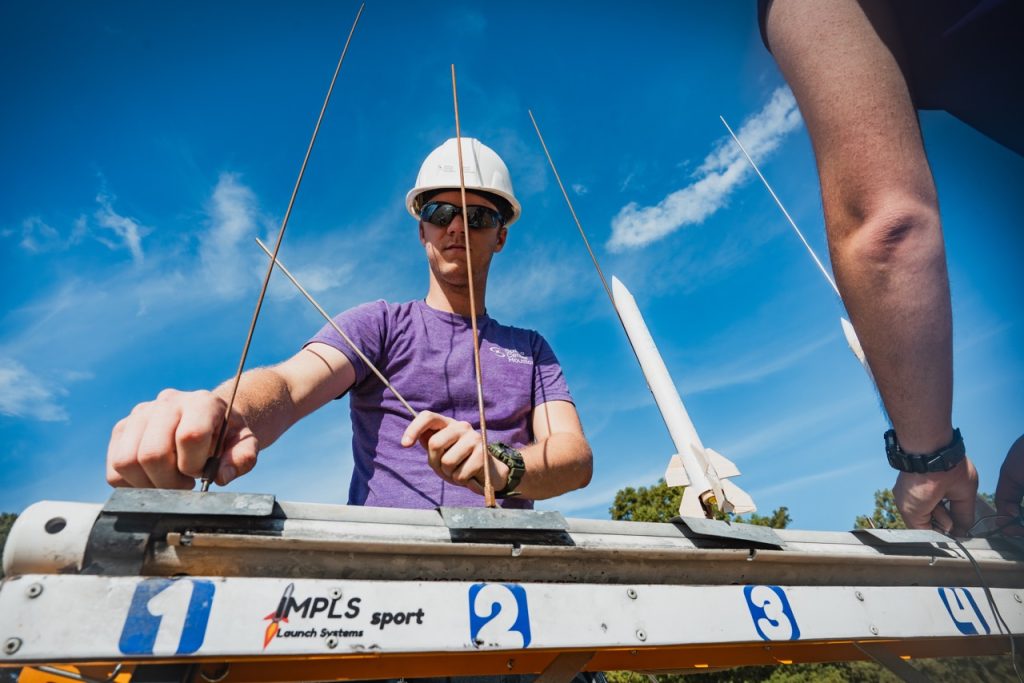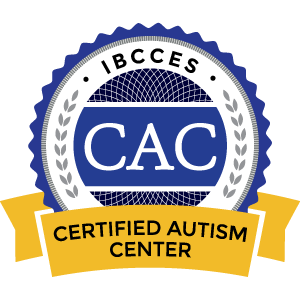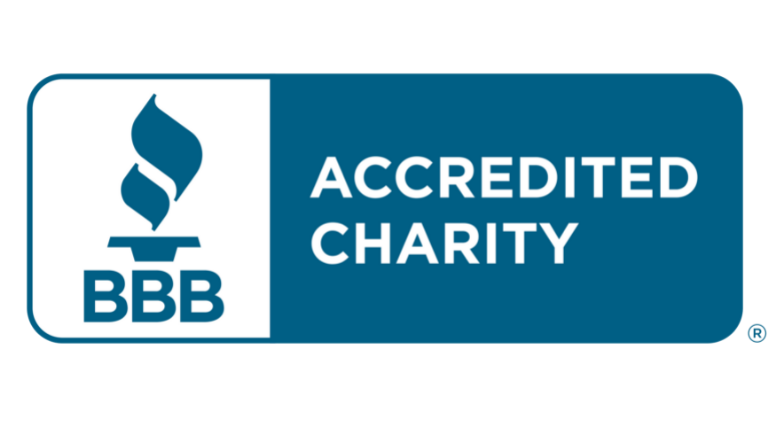In order to send astronauts further into the cosmos, NASA must solve the challenges of human deep space exploration. NASA’s Human Research Program (HRP) has empowered the Translational Research Institute for Space Health (TRISH) to research and develop innovative approaches to reduce the risks to humans on long-duration exploration missions, including NASA’s Journey to Mars.
Learn about this groundbreaking partnership and research in our September Thought Leader Series, presented by The University of Texas Medical Branch (UTMB).
About the panel
September Thought Leader Series panelists include TRISH Executive Director Dr. Dorit Donoviel, TRISH Chief Medical Officer and Interim Chief Scientist Dr. Emmanual Urquieta, and Jimmy Wu, an instructor and associate director of the Exploration Medicine Laboratory at Baylor College of Medicine Center for Space Medicine (CSM).
Dr. Donoviel serves as Executive Director of TRISH, which is a NASA-funded innovation research and development institute that finds, funds, and facilitates disruptive human health and performance solutions for astronauts traveling in deep space. In her previous role as deputy chief scientist of the National Space Biomedical Research Institute (NSBRI), Donoviel led both domestic and international research programs that bridged academic, industry, and government resources to deliver fast and cost-effective tangible results. She is the recipient of multiple honors from NASA and a recipient of the NSBRI Pioneer Award.
Dr. Urquieta holds a medical degree from Anahuac University in Mexico City and a Master of Science in aerospace medicine from Wright State University in Dayton, Ohio. He completed a diploma in emergency medicine and then worked for Mexico City’s Police Department as a flight surgeon in the Helicopter Emergency Medical Service “Condors,” where he participated in hundreds of rescue missions and aeromedical evacuations within the Mexico City metropolitan area. He has volunteered in medical missions in underserved regions throughout Mexico and in Nigeria, Africa. He was a volunteer paramedic for the Mexican Red Cross for more than five years. In 2017 he was selected to participate in the Human Exploration Research Analog (HERA) XI mission, where he spent 30 days in a capsule simulating a deep space mission.
Mr. Wu develops, evaluates, and integrates technologies that will reduce human system risk during exploration space flight missions for CSM. He also serves as TRISH Senior Biomedical Engineer, looking to push the frontier of technology and engineering for addressing human system risk in space flight. His role with TRISH also includes team lead of medical technology projects and managing biomedical research to be conducted on private commercial space flight missions. Previously, Wu worked at NASA Johnson Space Center for 14 years providing engineering, integration, operations, research and development, information technology, and project management support to projects addressing human health and performance during space flight missions.
About TRISH
TRISH is a consortium led by Baylor College of Medicine and includes the California Institute of Technology in Pasadena and Massachusetts Institute of Technology in Cambridge. The institute was formed though a cooperative agreement with NASA Human Research Program.
The mission of TRISH is to lead a national effort in translating cutting edge emerging terrestrial biomedical research and technology development into applied space flight human risk mitigation strategies for human exploration missions.
Translational research is an interdisciplinary model of research that focuses on translating fundamental research concepts into practice, with appreciable health outcomes. The TRISH implements a “bench-to-spaceflight” model, moving results or methods from laboratory experiments or clinical trials to point-of-care astronaut health and performance applications.
The goal of the research is to produce promising new approaches, treatments, preventative measures or technologies that have practical application to spaceflight.
Some examples from TRISH’s science projects include:
- Miniaturized human organs on a chip that mimic the “in-the-body” physiology. TRISH researchers are using these systems to study the effects of space radiation and how to protect these organs.
- The increased radiation during long space exploration missions can damage DNA, and the products of damaged genes can have negative health effects. One way to prevent these effects is to specifically block damaged genes. TRISH researchers developed the Facile Accelerated Specific Therapeutic (FAST) capability which can create the appropriate gene expression-blocking or increase based therapy within hours or days.
- Microbes living on our bodies influence our physical and mental health. TRISH researchers are learning to customize the microbiome to optimize an individual’s well-being and performance.
- On the way to Mars and in other places on Earth where access to specialized medical care is very limited, people will need to check their own health status. TRISH researchers have developed a suite of medical technologies that can detect changes early before a medical problem develops.







